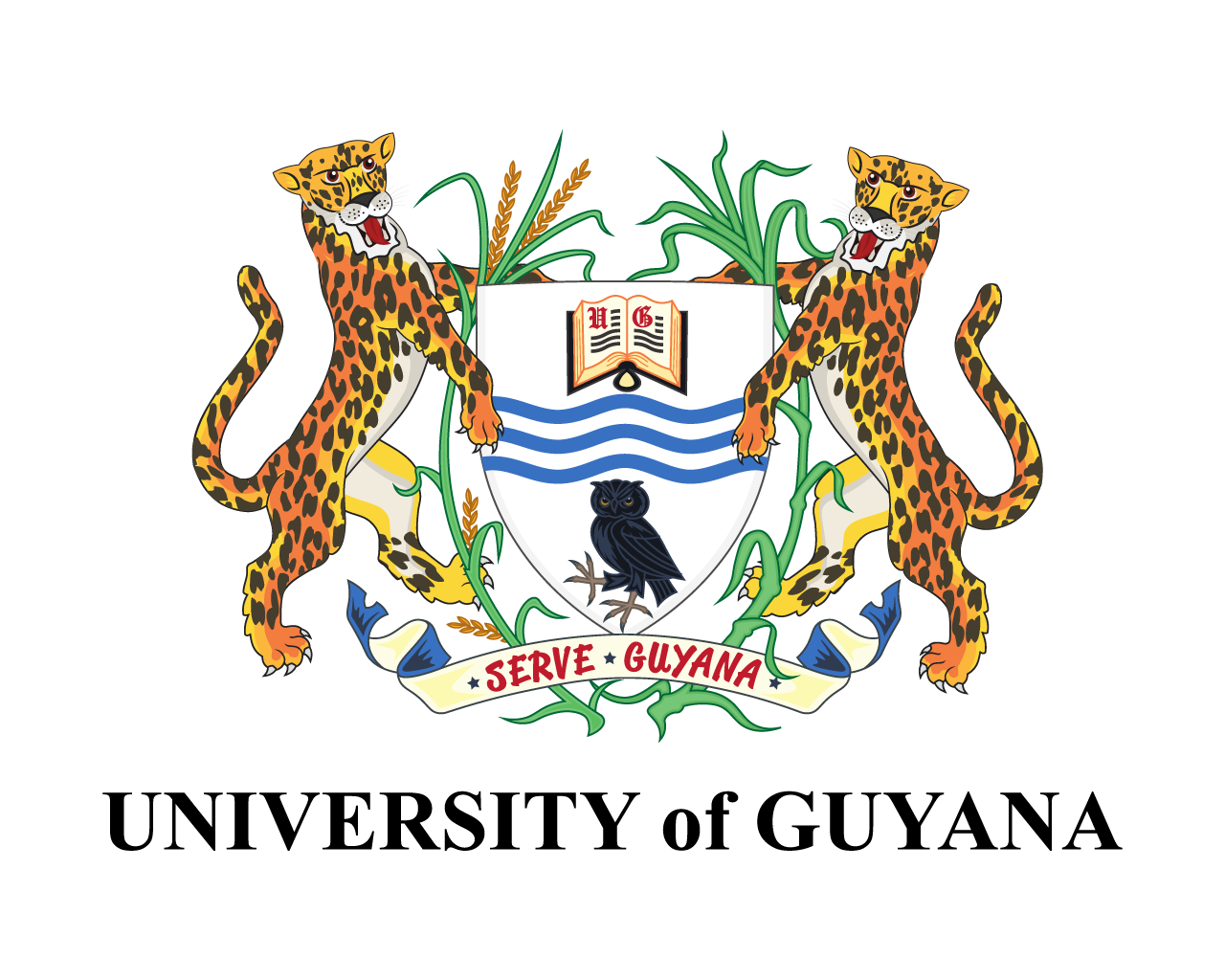Philosophy of the Programme
The Programme has a clear interdisciplinary and intersectorial focus, that seeks to embed stakeholders and beneficiaries in the research of the doctorates.: “The UG Doctorate in Biodiversity (UGDB) is a state-of-the-art doctoral research program for doctoral research training but also seeks for addressing managerial issues of significance for the future of biodiversity, its ecosystems and its services for Guyana, the Guiana Shield, the Caribbean and the world. The mission of the program is to generate primary and cutting-edge knowledge in the complex field of biodiversity. Our ambition is to produce doctors with a new profile reflecting a wide scientific and international breadth on biodiversity issues tackling problems of local and global interest such as global warming and climate change”.
The Programme seeks to encourage MPhil/Phd Candidates to do research focusing on old and new research lines such as: biosysthematics, biogeography and evolutionary explanations of biodiversity, nature conservation and protected areas management, inventories of biodiversity resources at different scales (genetic – species – ecosystems – landscapes – biomes), geographical distribution and the ecological and evolutionary factors involved, use of biodiversity by local communities, marketing and commercialisation of biodiversity, risk of biodiversity alteration or extinction by human populations in urban or rural landscapes, biodiversity conservation, protected areas, land reclamation or ecosystems restoration, their economic potential values in agriculture, food, forestry, health and pharmaceutical, cosmetic, tourist and recreation, mining industries, bioconstruction as well as other connected areas with economics, planning, political governance, education, communication, biotechnological development among others.
The ideal MPhil/PhD student should be able to:
1) Design and carry out original, high quality research that contributes to the knowledge base of biodiversity management
2) Demonstrate effective communication and presentation skills
3) Critically evaluate and use scientific theories and frameworks relevant to biodiversity assessment and management
4) Critically analyze research literature
5) Apply a set of ethical standards in the conduct and dissemination of research
